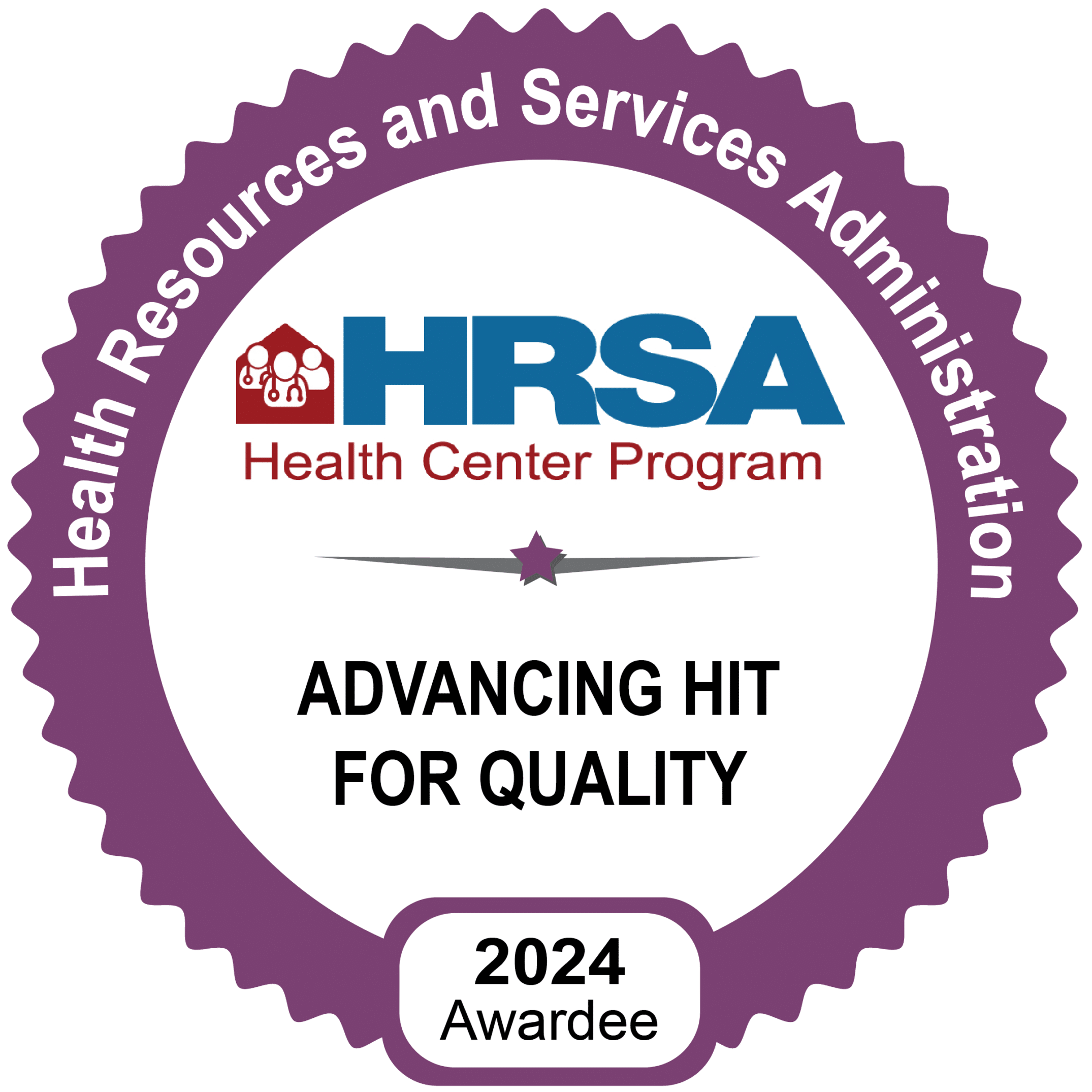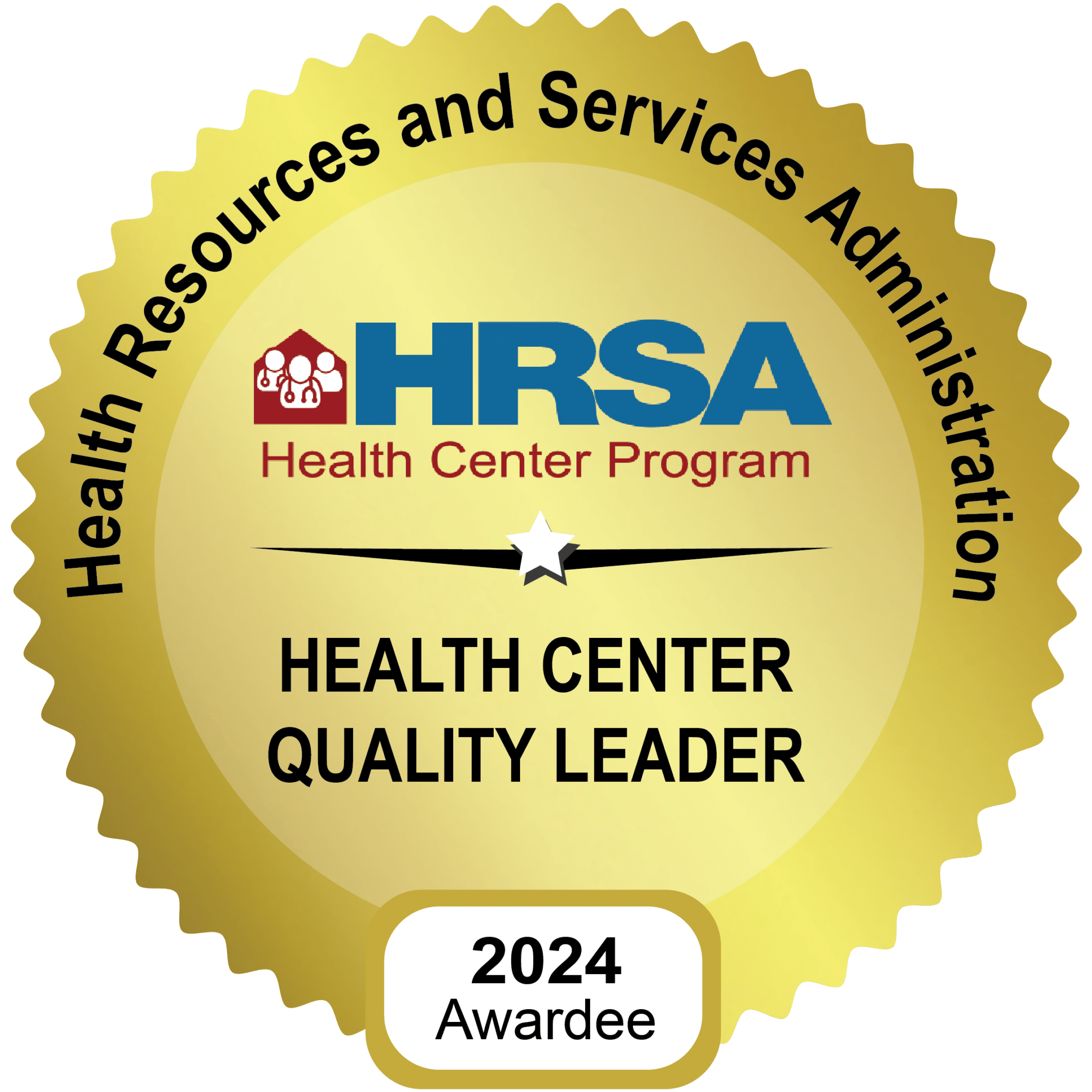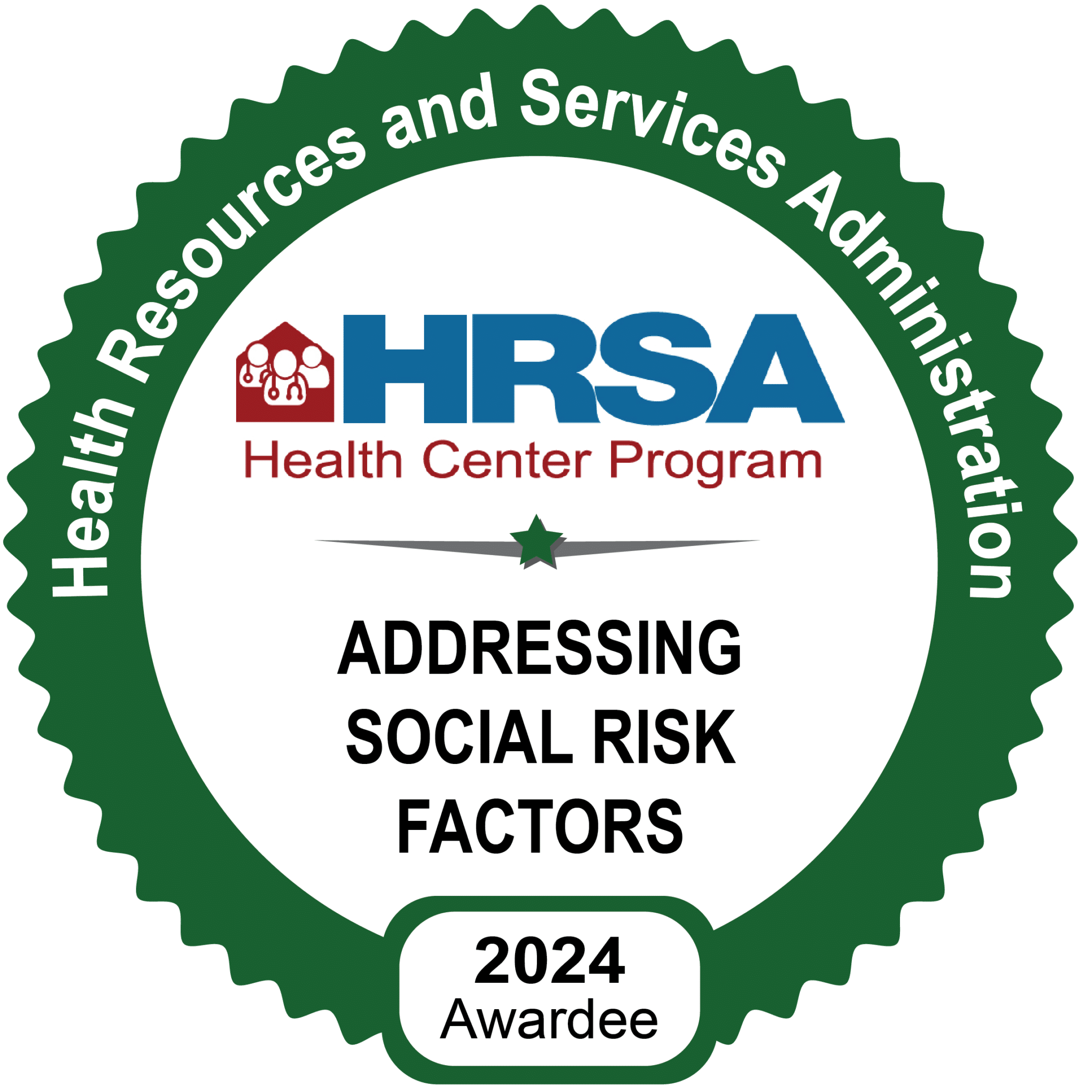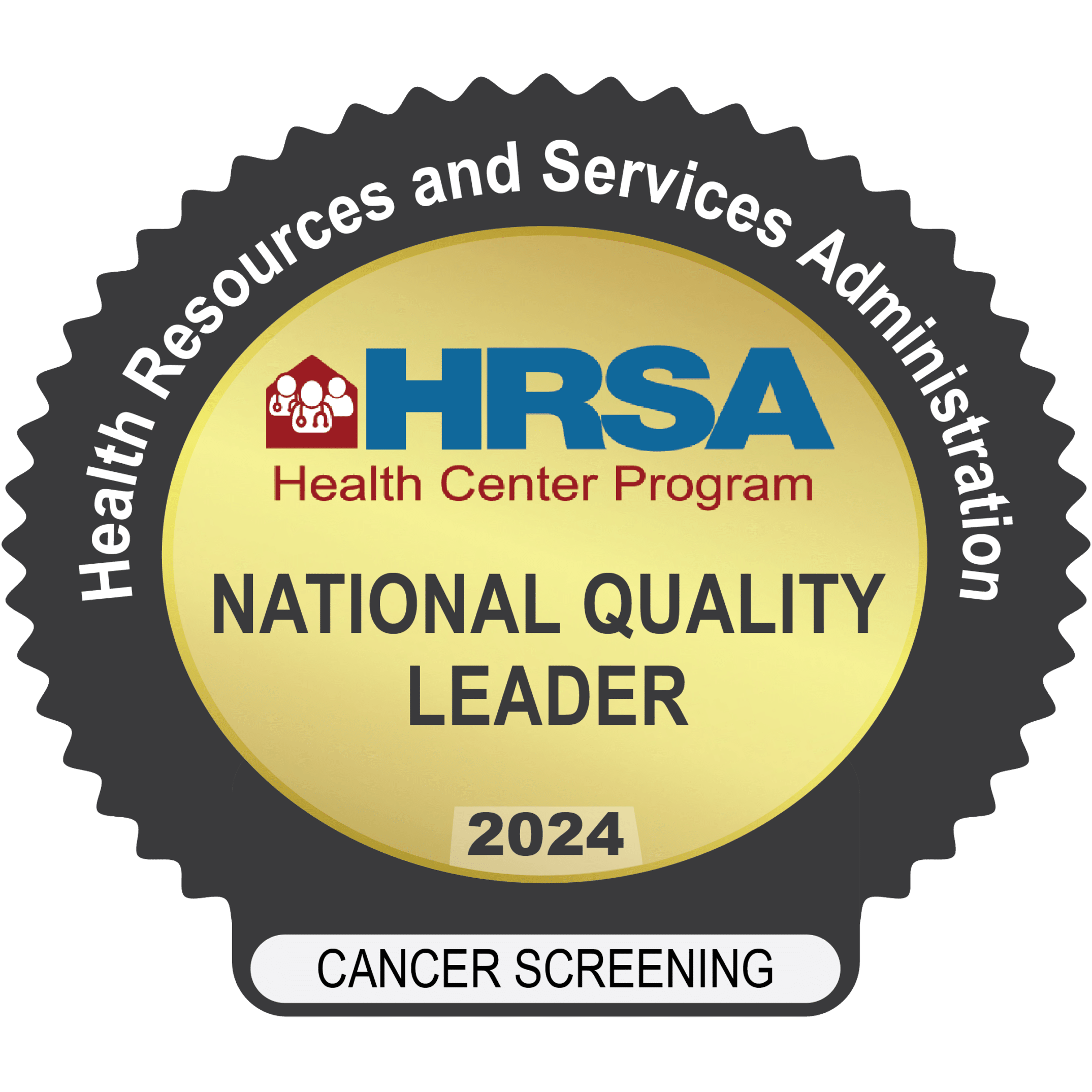OH BABY!
Oh boy, now that you’ve confirmed it, Yay! You’re Pregnant! While your body is busy growing another human, there is so much for you to do to prepare – you’ve got to tell the family, get the baby’s room ready, find a crib, pick out a name, start looking at preschools and colleges, and oh so much more. But before this baby joins us all earthside, there’s an important part of your pregnancy and preparation that you cannot overlook – your prenatal care.
A healthy pregnancy is the first step towards a healthy birth, so regular care throughout your pregnancy is important, as it monitors both yours and your baby’s health during this time. Keeping track of your baby’s development, using measurements and ultrasounds to determine how your baby is growing allows both you and your doctor to understand the rapid changes occurring within your body. Especially important for those considered high-risk (very young or mothers over age 35, overweight or underweight, multiple births, and preexisting health conditions), prenatal care also allows your doctor to monitor you for anemia, preeclampsia, gestational diabetes and other infections or conditions that may affect your pregnancy.
Your doctor will provide you with information to help you form a pregnancy and birth plan, addressing any questions that you may have during your pregnancy and guiding you on steps to take to reduce the risks for complications.
What To Expect
First Trimester
Beginning with an extended visit when you find out you are pregnant, your doctor will take a detailed medical history, and conduct testing that may include ultrasound, pelvic exam, blood work, blood pressure, weight and urine screenings. During your first trimester, visits are held monthly, and provide you with monitoring as well as education about nutrition and lifestyle do’s and don’ts. Establishing your due date, your doctor will be able to monitor the progress of your pregnancy. In later visits, you’ll be able to listen to the fetal heartbeat as well as undergo an ultrasound to check on development. During this time, you can also have conversations with your doctor about genetic screening options.
Second Trimester
Continuing with monthly visits early in the second trimester and progressing to biweekly after week 28, you’re busy growing your baby during this time. The doctor will continually monitor your baby’s growth as well as your overall health based on your medical history. If you choose, an ultrasound to determine the baby’s gender would occur during the second trimester. Near the end of this period, a glucose test is typically recommended to screen for gestational diabetes.
Third Trimester
Now that you’re seeing your doctor every two weeks, and then weekly after week 36, you’re in the home stretch. Taking blood pressure, weight, and measuring the baby’s heartbeat and positioning, all signs should be moving toward preparing for birth. Discussing childbirth, breastfeeding options, and postpartum care, your medical team will review your birth plan to prepare for upcoming delivery. By checking your cervix as you approach your due date, dilation is measured as well as confirming the baby is in the head-down position. As you approach, and even surpass your due date, your doctor will discuss options for induction of labor.
Postnatal Care
Congratulations! Now that your baby has entered the world, and you’re navigating life on far less sleep, it is important to follow your doctor’s recommendation for postpartum care. From childbirth through the first few months, this specialized care provides monitoring for any health complications, breastfeeding support, immunization, nutrition counseling and much more.
Schedule your appointment
Teche Health provides patients with compassionate care throughout their pregnancy and childbirth, creating care plans that respond to your specific needs and medical history. As you move toward this momentous time, give us a call to schedule your pregnancy test and learn more about prenatal care.




